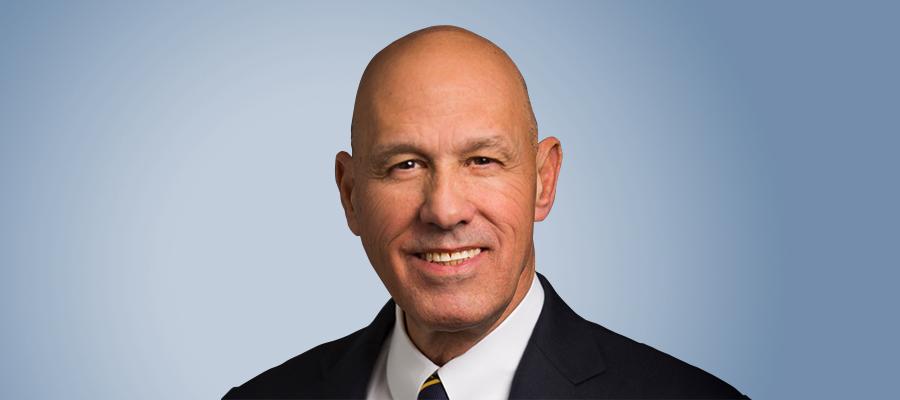Kaufman: FTC says no to social justice

The Federal Trade Commission is attacking social justice in the city of Philadelphia.
Philadelphia is the poorest major city in the United States, and Einstein Medical Center serves the poorest neighborhoods in the city. Einstein is located within just four miles of seven of the city’s 10 poorest neighborhoods, and is within 13 miles of all 10. Among these neighborhoods, the highest poverty rate is a crushing 61%.
Philadelphia is not just poor, but getting poorer. While the U.S. poverty rate has been flat since 1970, the poverty rate in Philadelphia has increased 10% – a greater increase than any of the most populous cities in the country. Recent census figures show a decrease in median income among all of Philadelphia’s poorest neighborhoods over the past ten years.
Einstein Medical Center (originally The Jewish Hospital) has been serving this community for more than 150 years. As the economic conditions of the community have declined and the grip of poverty tightened over the past decades, Einstein has intensified its commitment to provide the full continuum of care, from health promotion to tertiary care. Einstein has the busiest emergency department in Philadelphia. Last year, Einstein had more than 42,000 inpatient admissions and more than 620,000 outpatient visits. Einstein has one of the largest programs in the country to model excellence in prenatal and pediatric care. Einstein has initiatives underway to tackle the city’s most pressing community health issues, including opioid abuse, behavioral health diagnosis and treatment, and chronic disease prevention.
Einstein is the health care safety net for this community.
From a delivery perspective, gaps in care and the increased acuity those gaps bring have challenged the ability to maintain health. From an economic perspective, increasing poverty has brought a high and growing percentage of patients being either uninsured, resulting in uncompensated care, or covered by Medicaid, which does not cover hospital costs.
Any organization facing this situation has three choices.
1. It can stay the course, seeing its revenue continue to decrease, along with its resources to serve the community.
2. It can exit the economically and operationally difficult market.
3. It can find a partner that allows the organization to diversify its revenue sources, spread its costs over a larger base and solidify the resources for community health and care delivery.
Einstein chose the third path. Over a three-year period, Einstein carefully assessed different possible partners that would allow the organization to strengthen its ability to serve its vulnerable population. This process culminated in Thomas Jefferson University stepping up to partner with Einstein to support the residents of Philadelphia’s poorest neighborhoods.
Enter the FTC.
On February 27, the FTC announced that it would sue to challenge Jefferson’s merger with Einstein, saying the combination would “eliminate the robust competition between Jefferson and Einstein for inclusion in health insurance companies’ hospital networks.”
The FTC’s misreading of this situation is breathtaking. Far from the power play the FTC is depicting, the combination of Jefferson and Einstein demonstrates a selfless commitment to a 150-year-old mission of service to those in need.
In its decision, the FTC is saying no to the financial sustainability of a critical community resource.
The FTC is saying no to providing additional resources to improve the social determinants of health.
The FTC is saying no to supporting the uninsured.
The FTC is saying no to the poorest citizens of the poorest major city in the country.
The FTC is saying no to the social safety net.
The FTC is saying no to social justice.
For years, the FTC’s one-dimensional focus on static pricing analyses, has failed to account for quality of care and levels of access, and missed the challenges and objectives of providing not-for-profit health care in America. With its decision to attempt to block the merger of Einstein and Jefferson, the FTC has taken this misguided approach into a new realm. Now, the FTC is blocking efforts to ensure the sustainability of providing essential health care services to the most vulnerable communities. The FTC’s misguided lawsuit puts these communities at even greater risk of reduced access to health care. It is hard to imagine an effort that is more harmful to the consumers that the FTC claims to protect.
Kenneth Kaufman is the chair of Kaufman Hall. The opinions expressed by the author do not necessarily reflect the policy of the American Hospital Association.

